Climate change could drive an additional 41 million people into poverty by 2050 if current warming trends continue, warns a new World Bank report titled “The Future of Poverty: Projecting the Impact of Climate Change on Global Poverty Through 2050.”
According to the report, the income losses caused by climate change could nearly double the number of people living in poverty worldwide. Without significant intervention, global poverty reduction goals could face a major setback.
Citing analysis reported by Pakistan`s Dawn newspaper, the World Bank projects that South Asia alone may see 48.8 million people fall into extreme poverty by 2030. Globally, the number of new poor due to climate change could reach as high as 148.8 million by 2050.
The most vulnerable regions include Sub-Saharan Africa, South Asia, Latin America, and the Caribbean. These areas are particularly at risk due to the combined effects of extreme weather patterns, weak economic infrastructure, and limited social safety nets.
The World Bank stresses that international cooperation is essential to address the climate crisis. Wealthier nations, which contribute most to global carbon emissions, must take the lead—providing financial support, technology transfer, and capacity building to help developing countries adapt.
The report also emphasizes the importance of reducing income inequality as a central strategy for poverty alleviation. Even minor increases in inequality could significantly worsen poverty levels, according to the research.
Key recommendations include promoting inclusive economic growth, removing barriers to education and employment, and strengthening social protection systems. Improving access to healthcare, education, financial services, and agriculture-based livelihoods will enhance resilience among the poor.
The report also warns that climate-induced food price increases could dramatically escalate poverty, particularly in developing countries where households spend a large share of income on food. If the current trajectory remains unchanged, global economic output could decline by up to 23% by 2100.
Perhaps most alarming, almost all projections suggest that global income losses will exceed 20%, with low- and middle-income tropical countries facing the brunt of the damage due to rapidly rising temperatures.
The World Bank concludes with a stark warning: Without immediate and effective action, climate change could become the greatest obstacle to global poverty reduction in the coming decades.


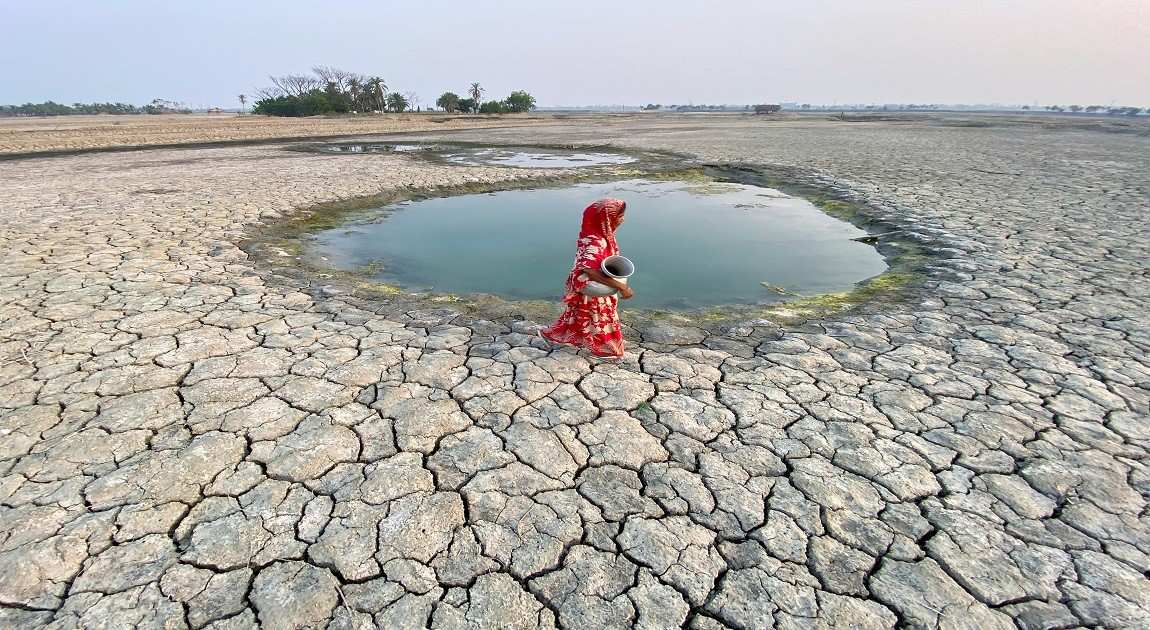

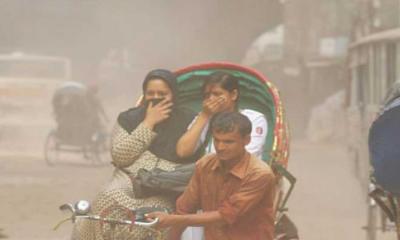
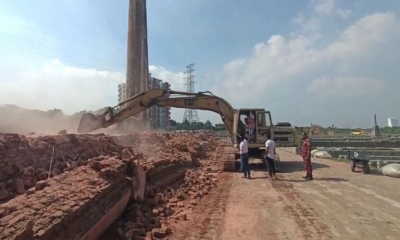
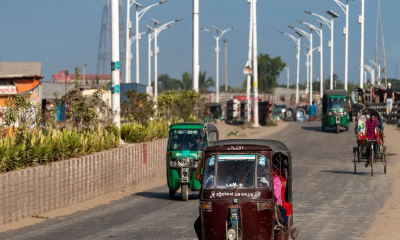
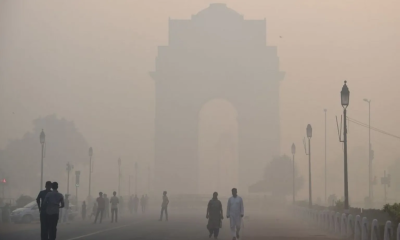
-20251226051932.jpeg)
-20251222051606.jpeg)
-20260225072312.webp)











-20260224075258.webp)













-20260219054530.webp)
-20260218060047.jpeg)
